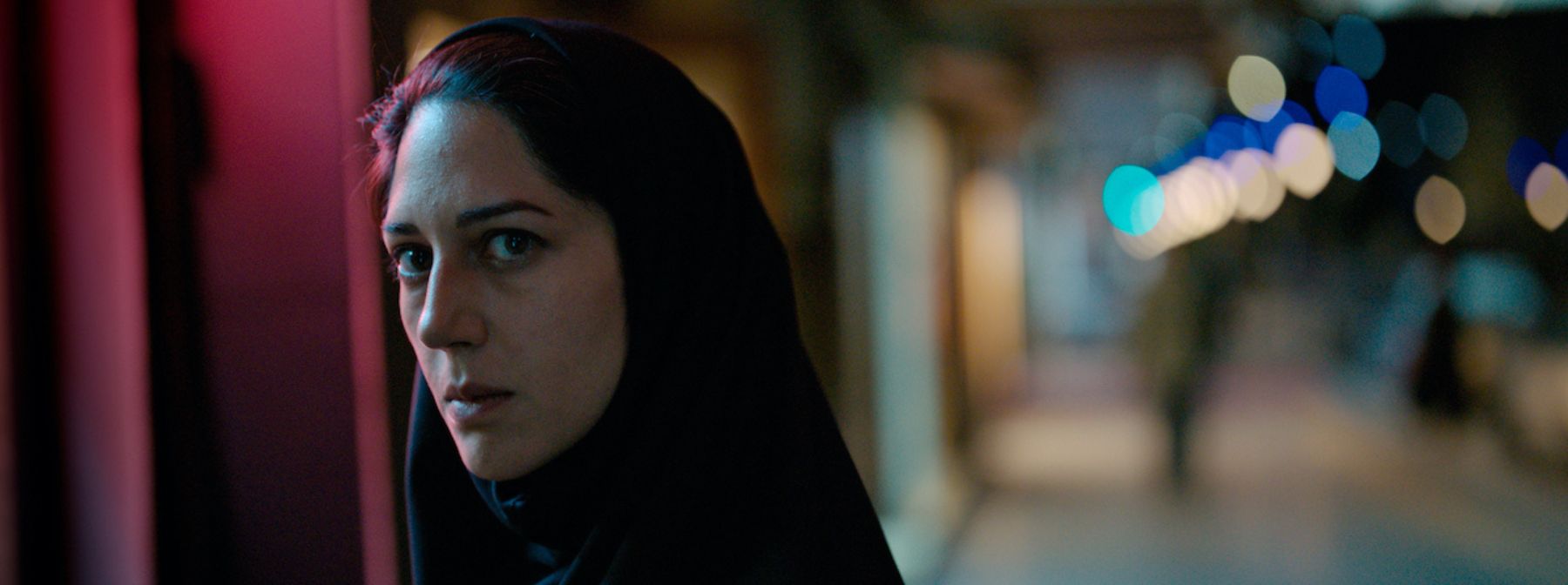
“If this had happened in the UK, it would have been national news – the number of people he killed, it would have been a headline every goddamn day”, director Ali Abbasi told Zavvi.
“But at the time in Iran, it started off as rumours: it wasn’t until it got to about ten murders that it started to become news. He got caught soon after he started making headlines, but it had to get to this really huge number to get the media to start reporting on it.”
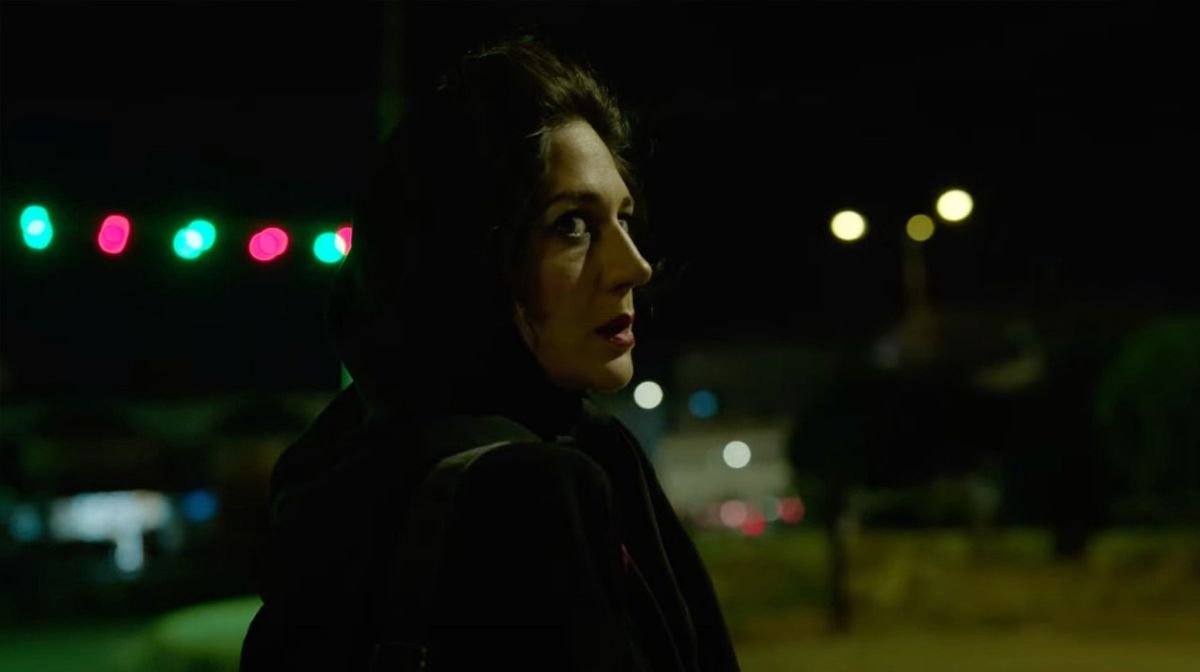
As documented in Abbasi’s chilling true crime thriller Holy Spider, Saeed Hanaei killed 16 women between 2000 and 2001, but the case revealed something even darker within society when brought to light.
Targeting sex workers, his defence was that he was trying to rid the country of moral corruption being sent on a mission from God, something which saw him held up as a cult hero by many religious hardliners.
As the trial became international news, it wasn’t necessarily a given that Hanaei would be found guilty despite openly admitting to the murders.
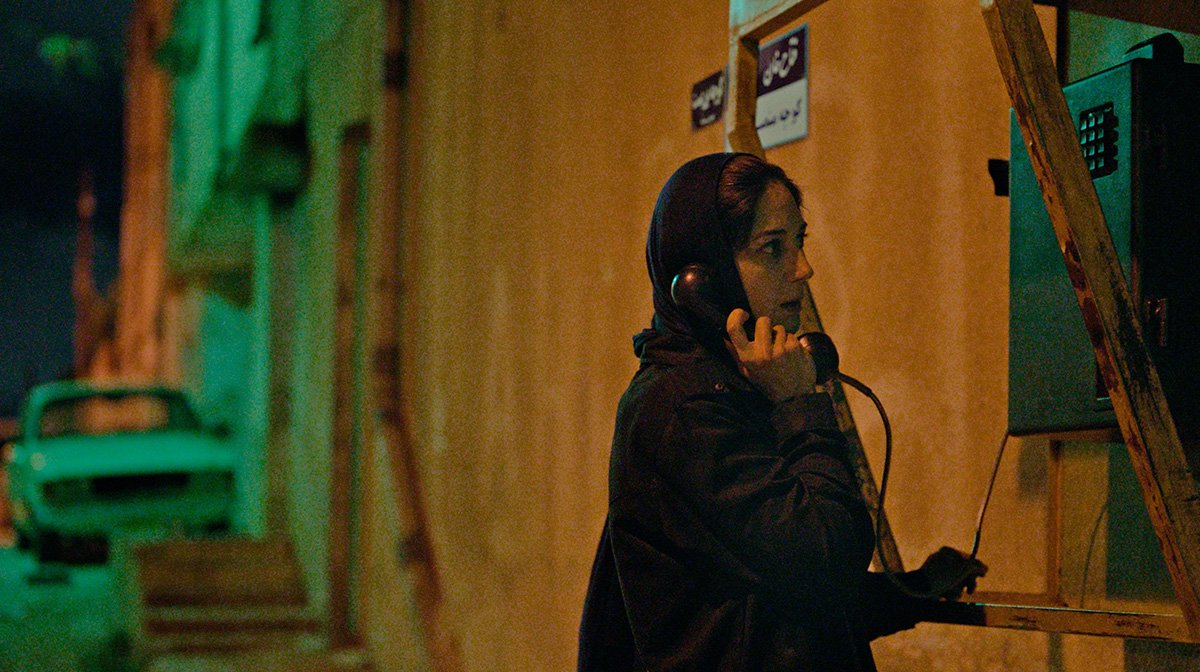
Abbasi explained: “What I really remember is how his case became politicised. There were killers before him who got away with similar crimes by saying they were doing the morally righteous thing – it sounds bizarre, but it was a real possibility this man wouldn’t be found guilty.”
The case has long fascinated Abbasi, who initially became intrigued to further explore the case after seeing documentary And Along Came A Spider, in which Hanaei was interviewed in prison. The director has previously said that film made him feel an odd “sympathy” for the killer, which I found particularly surprising considering how irredeemable his depiction is within Holy Spider, which understandably avoids to find any semblance of humanity within a misogynist murderer.
“That documentary is an interesting document – if it was a British or American serial killer being interviewed, they’d unconsciously discuss their past trauma, their childhoods, that sort of thing, to try put their actions into context. But he just described his victims as insects who he enjoyed killing, he loved doing it, and he had no regrets.
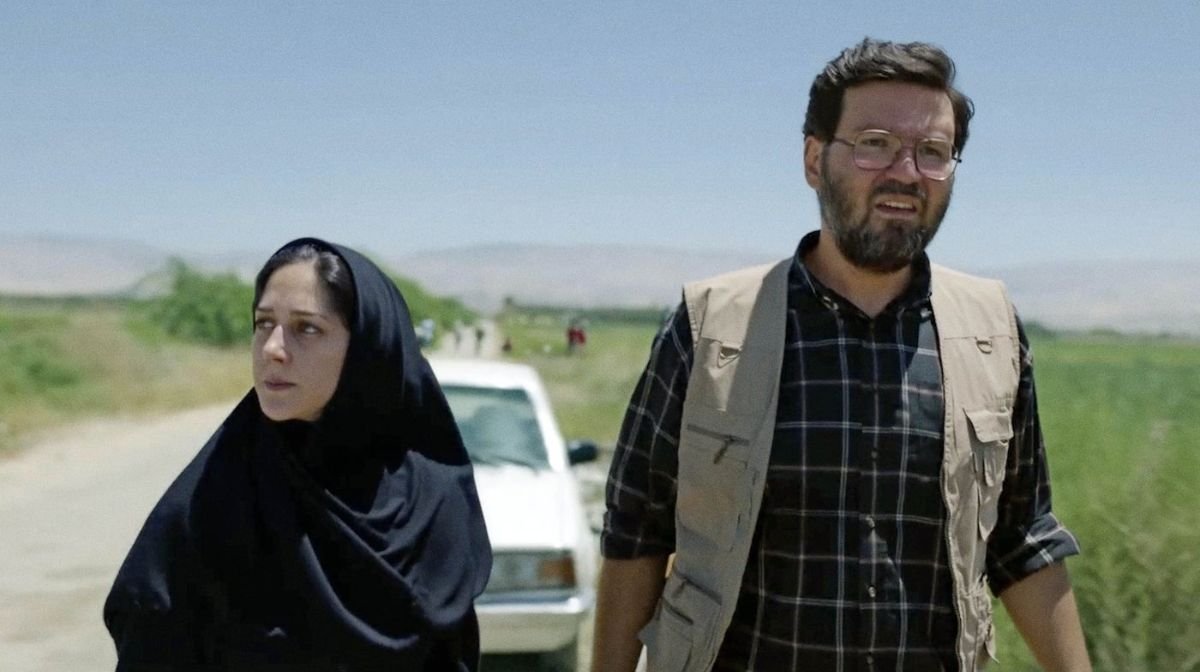
"And in a weird way, I found a tragic innocence in that; he thinks he’s a hero, especially in the way his kid looks up to him, but it’s obvious he’s not a criminal mastermind with advanced psychology. He was a simple human being, and I felt that was worth making a movie about”.
Development on the film started in 2016, prior to production on Abbasi’s acclaimed 2018 troll romance Border. Due to the controversial subject matter, it naturally took a while to find financing and shooting locations, with plans to film within Iran repeatedly blocked (more on that shortly). During this time, the original lead actress dropped out, and casting director Zar Amir Ebrahimi had to step in at the very last minute.
Ebrahimi, a celebrated actress who now works predominantly behind the camera, here plays the role of Arezoo Rahimi, a composite character of several journalists who attempted to report on the case. Speaking to Zavvi, she said that Abbasi had never seen her as the character prior to the casting, but they were left with no other option when the previous lead left the project ten days before shooting was due to begin.
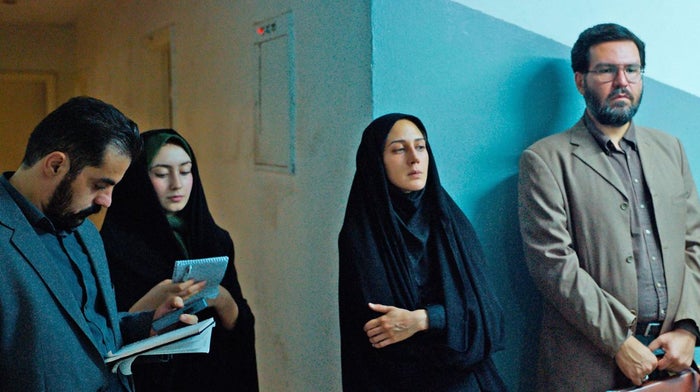
“The night that the actress left the production, Ali said to me that we needed to try work on it together the very next day. We only had 24 hours for an audition process, and in the beginning it didn’t really work, but I very quickly realised that through my casting director role, part of my job was to know this character inside and out – I just didn’t have the time to bring it to life myself in a week!”
The actress has lived in Paris since 2008 after an intimate video of herself was stolen from her apartment and leaked online; the resulting controversy saw an Iranian judge rule she be banned from starring in film and TV for a decade for breaching public morality laws, in addition to being sentenced to prison. This incident proved formative for how she managed to find her way into the character, using her own experiences of dealing with misogynist bureaucracy to make this fictionalised character feel as authentic as the true-crime drama around her.
“Initially, the character was supposed to be younger, but we changed her age when we realised that my experience of life could be brought to this character; the harassment and difficulties I faced were the same that a female journalist would experience every day. My last year in Iran was a difficult one, but I had the chance to get to know the Iranian authorities and how they work. I had months of interrogation, and so I now feel like I know them very well. My own experiences ended up leaking into that performance”.
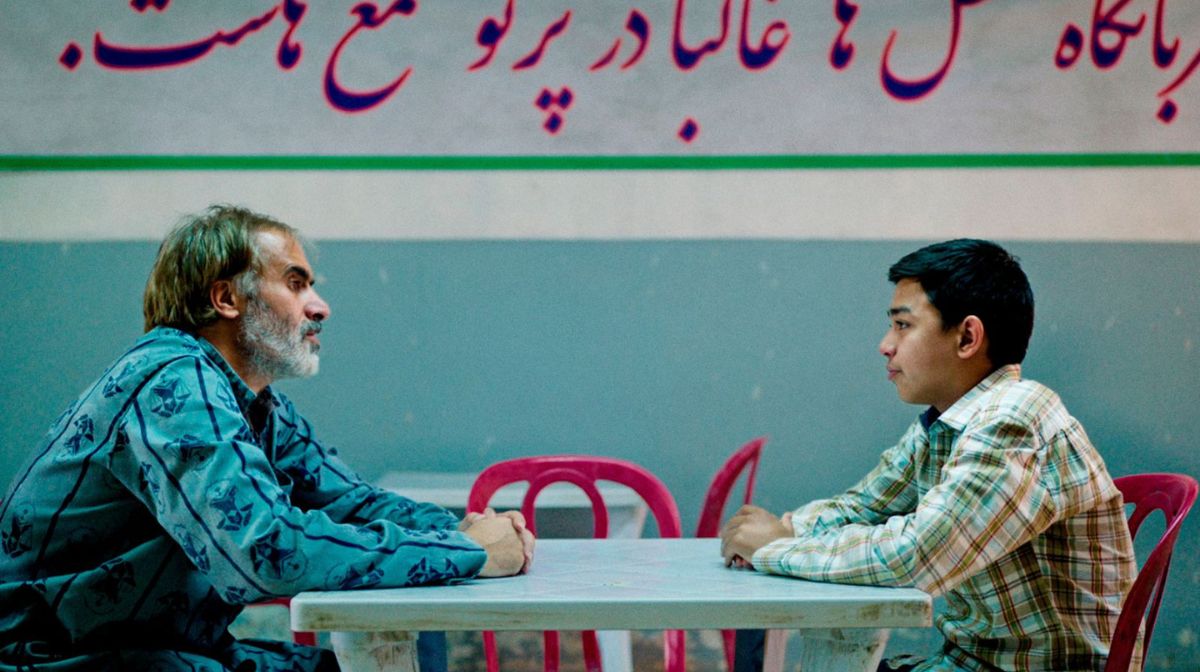
Ebrahami won the Best Actress award at Cannes when the film premiered there last May, although that win was partially overshadowed by several major controversies. The Iranian government described the award as an “insulting and politically motivated move”, while the country’s culture minister protested to the French government over the accolade, going on to threaten punishment to any Iranian citizens if they had been involved with the production. However, Abbasi was prepared for this reception, due to how difficult it was getting the film off the ground in the first place.
“It felt like we were doing an Iranian version of Lost In La Mancha, where it’d be a great movie from behind the scenes of a movie we’d never be able to make as s**t kept getting thrown at us! We started hearing that the Iranian government were getting suspicious about the production and had started tracking us, so we tried to move production to Turkey – and then, improbably, the Turkish ambassador got the script and told us no.
“I had so many bizarre meetings trying to secure financing and filming locations, going through back channels to do it. At one point, I was put into contact with a guy who turned out to be a hair transplant surgeon – I was talking about the movie, he was looking at my head and telling me I’d make a great patient!”
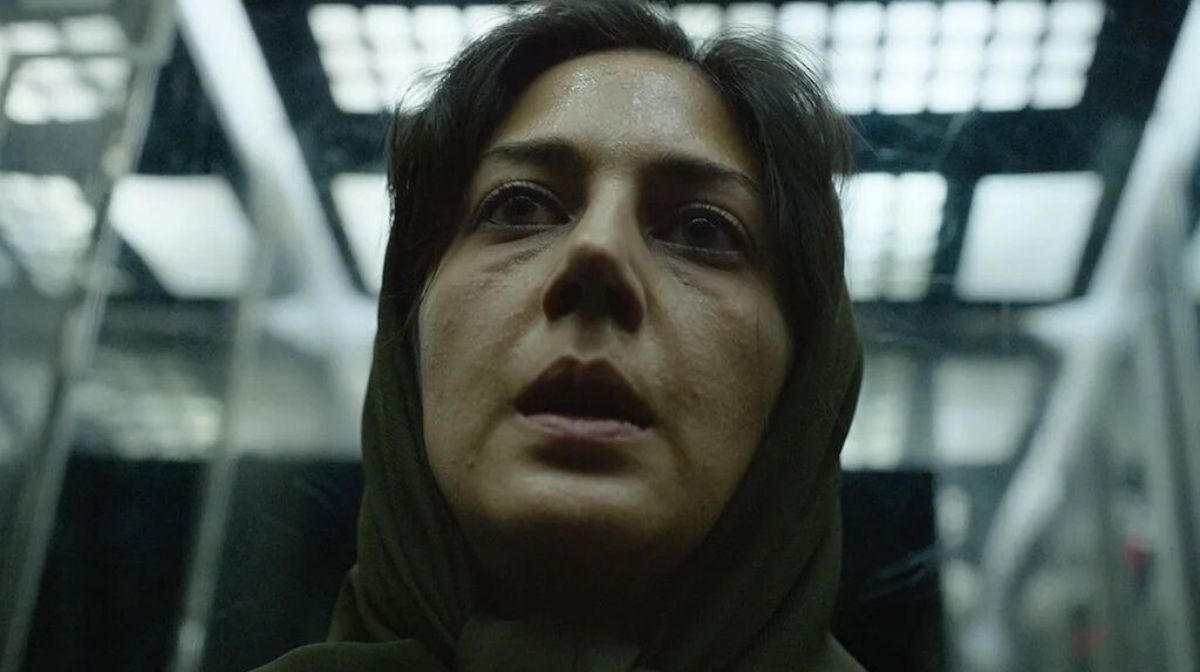
On top of this, there were the challenges of making a period film under these restrictions, with several details viewers might not even notice a massive challenge for the crew. With filming now taking place in Jordan, Abbasi wanted to turn his filming location into an accurate depiction of turn-of-the-millennium Iran – right down to shipping in period accurate cars.
“We needed to see them in the movie, as it would lend the story the authenticity it needed. Turns out the Iranian government knew that the only people who wanted to export cars were people trying to shoot movies outside of Iran, and so naturally, they wouldn’t let us. We had to get them out by pretending that we were buying them as junk metal, and shipped them out to the Emirates, where they’d get put in another container and sent to Jordan via Saudi Arabia.
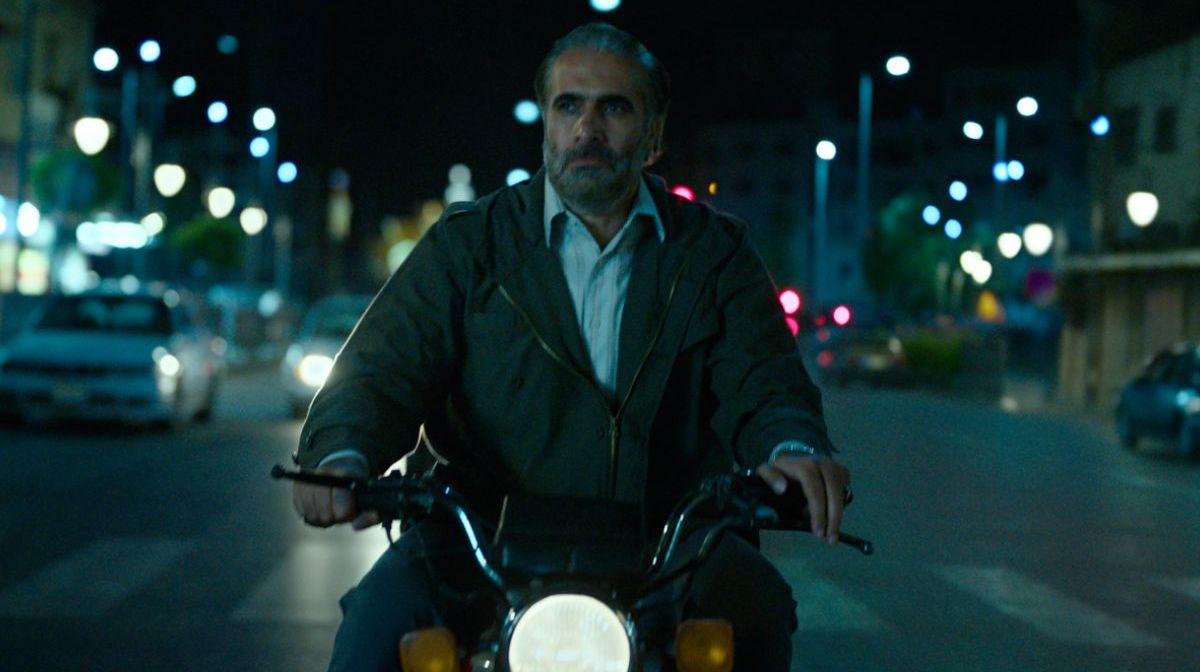
“When it got to the Saudi border, they were asked where the cars came from, they were told Iran – and they said there was no f***ing way they would let something from Iran in the country, they got sent all the way back, and then we had to find a new route around the Red Sea. And this was all for two cars!”
Now, Abbasi looks back at the film as an “act of defiance” against an oppressive regime.
“Since Zar won the award at Cannes, this movie went from something the Iranian government didn’t like to a threat. We’d broken their laws, didn’t adhere to their censorship, and made a film good enough that some people thought it deserved a prize – it really hit them that we’d succeeded. That’s what I derive my biggest pleasure from: we stuck our fingers in, and it hurts”.
Holy Spider is released in UK cinemas on Friday 20th January.
For all things pop culture, follow us on Facebook, Instagram, Twitter, and TikTok.

